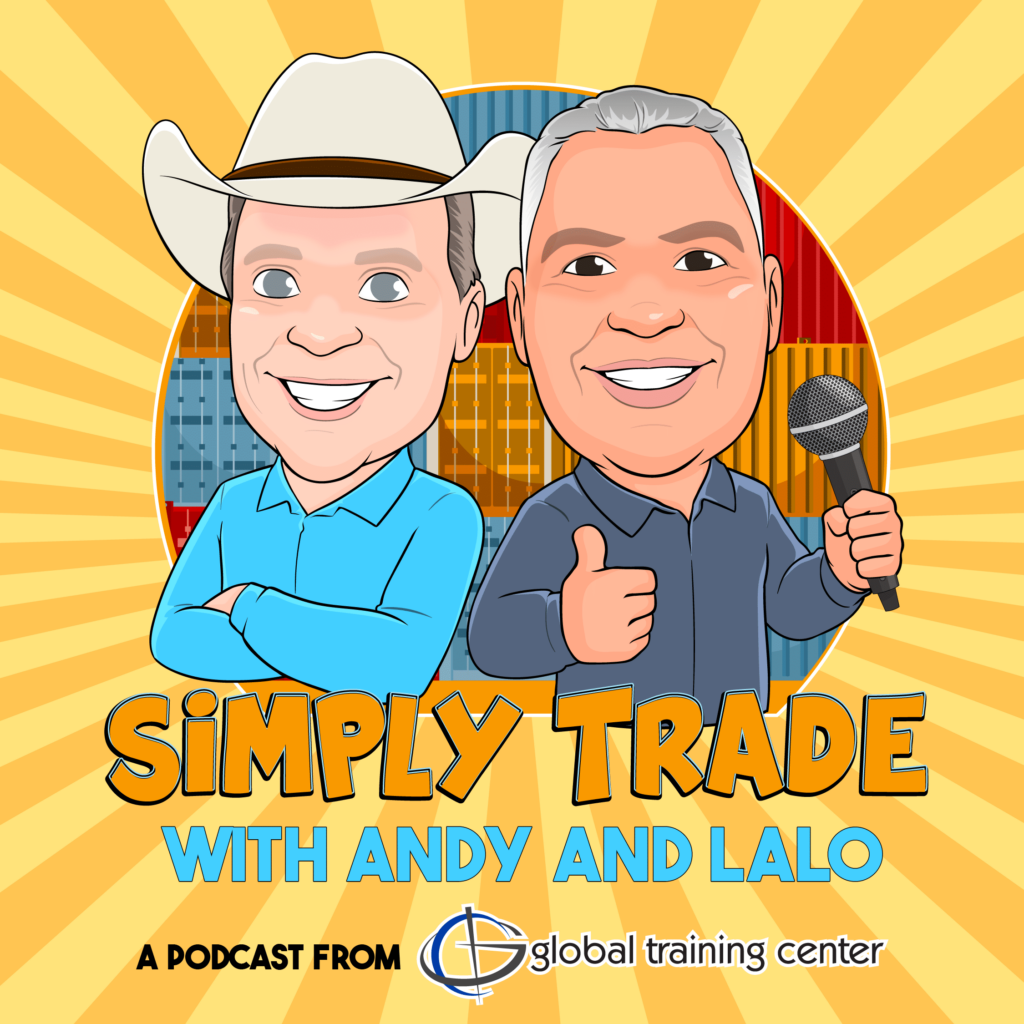Tackling Forced Labor in Supply Chains: A Call to Action
Forced labor and modern slavery pose daunting challenges within supply chains, threatening ethical sourcing and sustainability efforts. A recent survey conducted by Gartner sheds light on the difficulties that procurement executives face in effectively addressing these risks. In this blog post, we will delve into the findings from the survey and outline crucial steps for companies to combat forced labor in their supply chains.
Recognizing the Urgency:
The survey revealed that while 71% of respondents recognized the gravity of the modern slavery risk, only 50% felt they were making headway in effectively addressing it. This disparity highlights the need for renewed focus and action in confronting this pervasive issue. Modern slavery, with its deep-rooted and widespread nature, requires collective efforts to eradicate from global supply chains.
Identifying the Challenges:
Countries such as China, India, Indonesia, Turkey, and the US were singled out in the survey as places with a high prevalence of forced labor. These findings underscore the significance of the problem and the urgent need for collaborative action on a global scale. Furthermore, detecting risks associated with state-sponsored forced labor, as exemplified by the situation of the Uyghur people in China, presents even greater challenges in supply chain traceability and identification.
Building Visibility and Data Collection:
Achieving comprehensive visibility and data collection are essential first steps in effectively addressing modern slavery risks. Companies should utilize risk management solutions that collect publicly available data and scrape news sources to identify emerging risks and vulnerable areas. It is vital to gather data on manufacturers, suppliers, and distribution hubs to gain a deeper understanding of exposure to regions where forced labor is prevalent.
Collaboration and Trust with Suppliers:
Collaboration and trust between companies and suppliers are crucial in mitigating modern slavery risks. By building capabilities, providing training, and setting mutually agreed-upon goals, companies can foster a culture of transparency and shared responsibility with their suppliers. Working together with suppliers, companies can proactively manage risks and implement meaningful changes throughout the supply chain.
Strengthening Audits and Remedial Processes:
To fortify supply chains against modern slavery risks, it is crucial to implement robust assessment and remedial processes for suppliers. Audits should go beyond superficial checks and focus on worker conditions, ensuring direct communication with migrant workers when necessary. Stronger audits and more thorough remediation efforts will help identify and address issues effectively, contributing to the creation of ethical supply chains.
Addressing forced labor in supply chains requires collective efforts and proactive measures. The challenges are formidable, but companies can make significant progress by prioritizing visibility, data collection, collaboration with suppliers, and implementing robust risk management solutions. By improving their understanding of supply chain risks and implementing strong assessment processes, companies can contribute to the creation of sustainable, ethical supply chains that are untainted by forced labor.
For more detailed insights and information, please refer to the original article on Supply Chain Dive: https://www.supplychaindive.com/news/forced-labor-modern-slavery-supply-chains-Gartner/699825/









